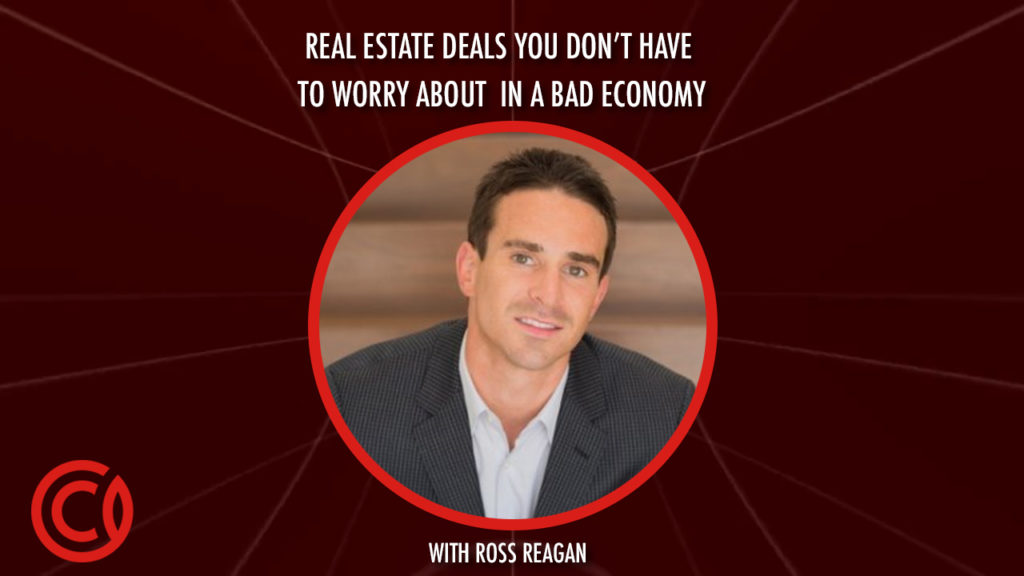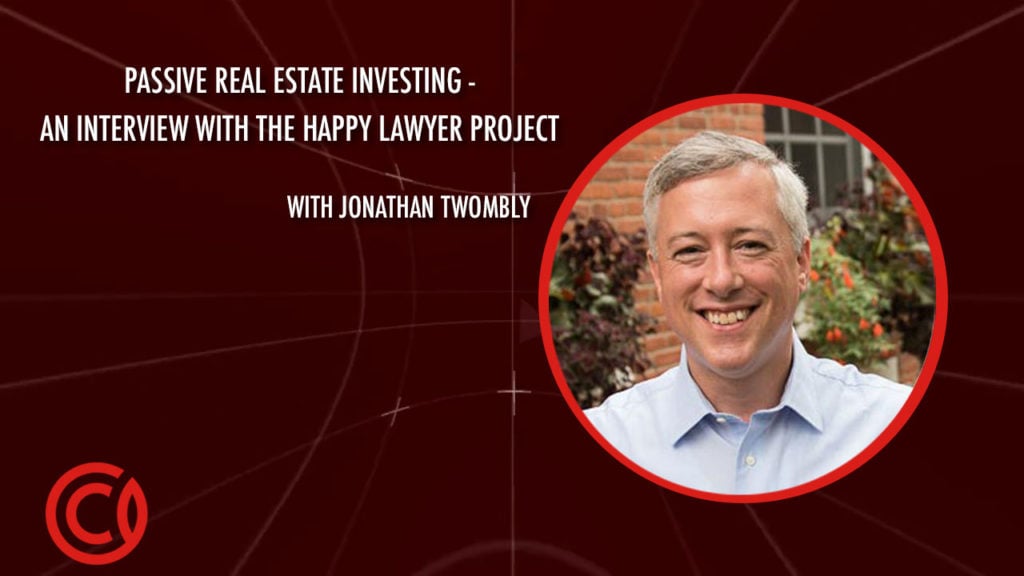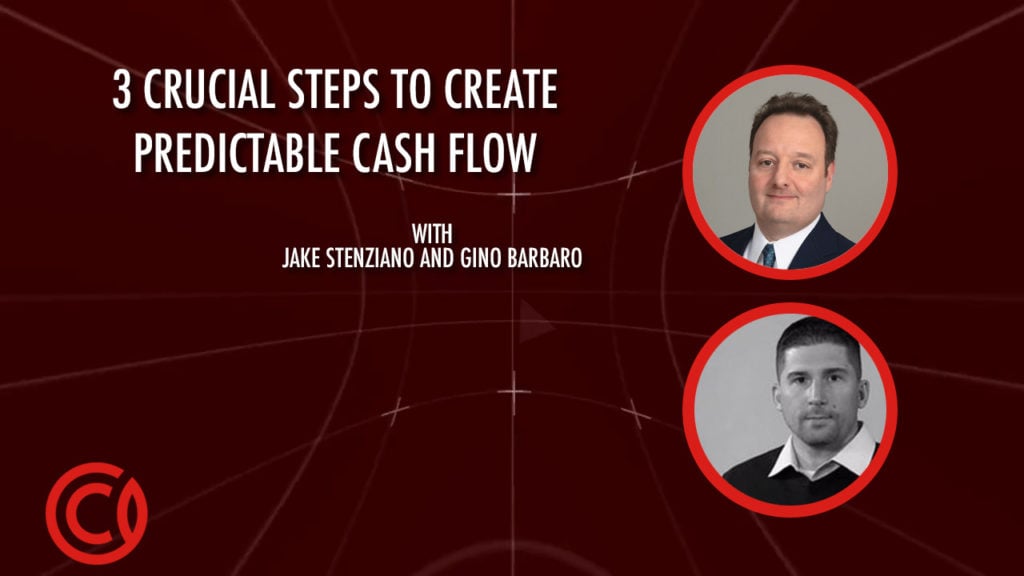Multi-family real estate was not the first real estate investing experience for John Cohen. He has been investing in real estate since 2010 and started out purchasing tax deeds and tax liens, doing $3,247,000 in real estate transactions in 2013. He switched his focus to multi-family properties and joined a group that closed $70 million worth of transactions in one year. Prior to his involvement in real estate, John was a licensed (series 7 and 63) stockbroker but decided that real property investments were far less speculative than the stock market. On this episode, you’ll get to hear why John’s company invests in multi-family properties exclusively, how MF properties are safer investments in a turbulent economy, and what he recommends to those who are eager to invest in the multi-family niche of real estate.
Why is multi-family real estate such a great investment?
Many investors who are trying to build consistent monthly cash flow understand the advantages of rental properties. There's nothing better than having tenants pay your mortgage as you make money on their occupancy of the property they’re paying off. But what happens if the property winds up vacant for a period of time? What happens if the renter is delinquent on their rent payments? Headaches, that’s what! Multi-family properties are almost immune to those issues because the overhead and cost of the property is spread out over many streams of income - the individual renters. On this episode John Cohen will tell you why multi-family real estate is so attractive to him and how you can benefit from being a multi-family investor.
How do you find a good multi-family property?
John Cohen has been investing in multi-family real estate for some time. That makes him the ideal person to tell us how to find and invest in multi-family units. On this episode, he gives away his specific strategies for researching a potential real estate market, the exact tools and websites he uses to do his analysis, and drives home the importance of building a good network of brokers and professionals on the ground in the prospective market where you're going to invest. You won’t hear hands-on, relevant advice like this anywhere else, so be sure you listen if you’re at all interested in investing in multi-family real estate.
Why you need to do your homework on location in the market you’re considering.
If you’re considering a multi-family investment property in a city that is not familiar to you, say in Charleston, SC, what are the steps you should take to make sure you understand the local economy and real estate market? John Cohen says there’s only so much you can do online or over the telephone. You’ll eventually reach the point where you need to take a trip to the prospective city to look things over yourself. When you do, there are people you need to meet, specific questions you need to ask, and certain data you’ll need to accumulate from local offices. If you don’t know how to do those things, you’re in luck. John Cohen is on this episode to walk you through it step by step.
How can you invest in multi-family properties if you’re brand new to real estate investing?
One of the questions I asked John Cohen toward the end of this episode of the Capital Gains podcast is how a person who has little experience, and maybe even a smaller amount of cash to invest, can actually get into some real estate investment deals. John’s company specializes in setting up multi-family investment deals and includes a variety of investor types in those deals, so he was happy to give us the full scoop on how it can be done. If you are at all interested in investing in multi-family real estate, John’s got some valuable information for you.
Outline of this episode
- [1:08] My introduction of my friend and business competitor, John Cohen.
- [2:17] What are emerging markets and “value add” properties?
- [3:47] John’s road to real estate investing.
- [7:20] What is a Cap Rate and why does it matter in real estate investing?
- [11:00] What is meant by a “syndication deal?”
- [16:32] Why John focused on multi-family properties over everything else.
- [24:19] The types of markets John invests in and the things that attracts him to them.
- [26:00] How John researches possible investment areas (specific tools he uses).
- [29:00] Building relationships with brokers and investors in a new area.
- [32:15] Putting himself on the chopping block, getting outside his comfort zone.
- [35:53] The advantages and disadvantages of direct ownership Vs being a passive investor.
- [38:41] How beginning investors can get into REI deals.
- [45:07] Cautions about working with property managers (and benefits of good ones).
- [46:25] What is tax deed and tax lien investing and how does it work?
- [49:57] The importance of a big “why” in real estate and what John sees as his “why.”
Resources Mentioned
- JC Property Group, Inc - John’s company
- Contact John Cohen: JohnC(at)JCPropertyGroupInc.com
- www.EcoDevDirectory.com
- U.S.Census Data
- Bureau of Labor Statistics
Jonathan's Websites
Connect with Capitalism.com
Website: https://www.capitalism.com/
On YouTube
On Facebook
On Twitter
On LinkedIn

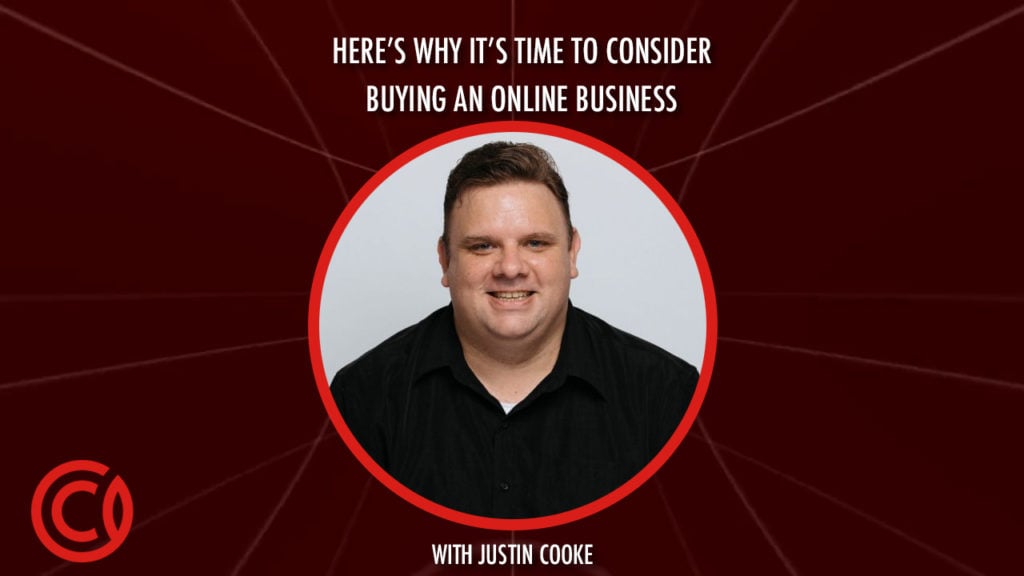
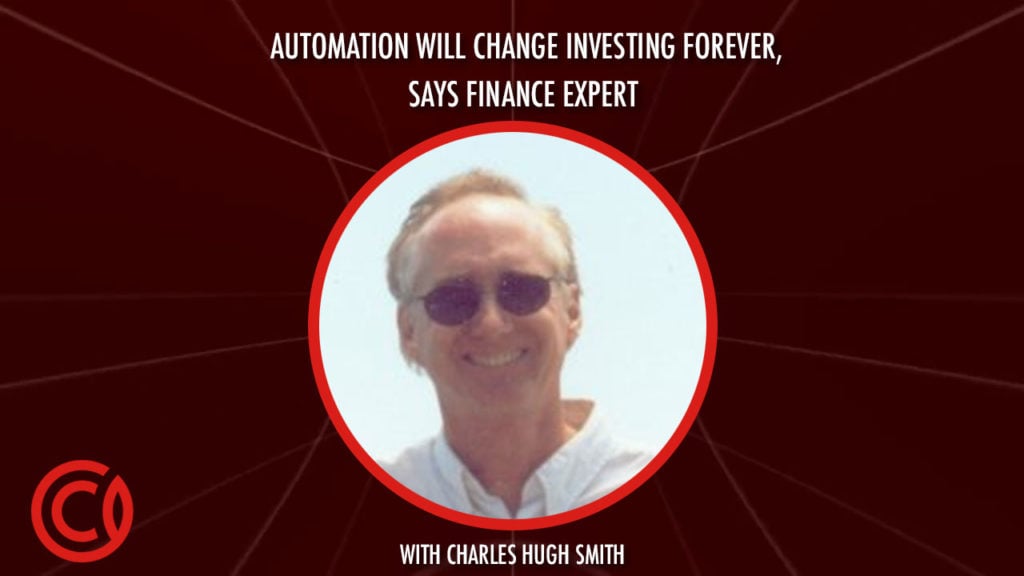
![How A First Time Investor Can Get Started Making Money in Real Estate [ Best of Capital Gains ]](https://www.capitalism.com/wp-content/uploads/2017/11/CGP-Joe-Fairless-ARTWORK-PODCAST-VSN-1-1024x576.jpg)
